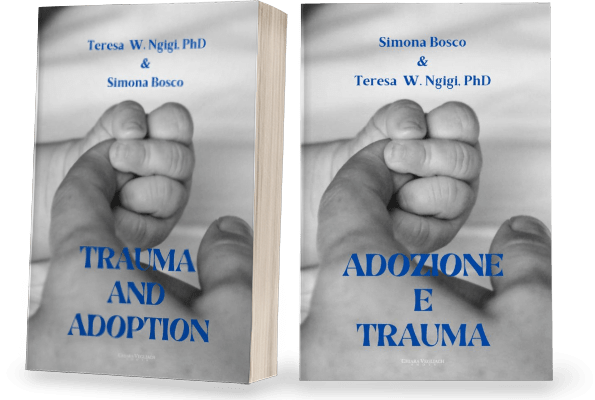
This quote was mentioned by a young person who had gone through alternative care and was sending a message to their caregiver. It struck me a great deal because it summarizes everything a caregiver needs in order to establish and maintain a healthy, healing relationship with the child they are entrusted to take care of, be it a biological child, an adopted child, or a child in foster care.
Connection is extremely important in any relationship, and more so in a relationship with a child. We know that every behaviour is communication, and whatever a child does, they are trying to communicate something. We, as caregivers, therefore, need to see beyond the behaviour and see the child from a holistic perspective. This child has a history, a present, and a future. When we consider all these aspects, then we are able to interpret behaviour in a more informed manner, and hence respond to the needs of the child.
It is also crucial that each caregiver does their best to connect with themselves before they can connect with others. Some people may experience deep fragmentation, and this turns out to be what they give to others. Know yourself, understand yourself, listen to yourself, work on yourself, and always question your behaviour too.
You cannot give what you do not have.
I once came across a 9-year-old child who could not allow himself to be hugged by anyone, even the closest people to him. Some of the caregivers misinterpreted his behaviour and saw it from the perspective of a closed-up child, who is so self-centred he did not want to open up to others. When we worked together with the caregivers to look at the behaviour as communication and went back to the history of this child to understand where he came from and what kind of experiences he was exposed to, we discovered that he had been abandoned several times and his trust on people had been shattered. He did not feel safe with anyone, he feared to get too close lest that relationship is broken again, and he blamed himself for being abandoned. This understanding was a great eye-opener to the caregiver, who changed their approach and worked towards restoring the lost trust. The child, for the first time, felt seen, heard, and kept in mind, and gradually started opening up and letting himself be loved and taken care of. He was helped to be a child again, and this made a huge difference in his life.
Caregivers need to also look at themselves before they can correct a child. The following questions may help:
- Are you taking care of yourself as a caregiver?
- Do you have unresolved issues that get triggered by a child’s behaviour?
- Do you have trust issues yourself that get into the way of establishing healthy relationships with the child and with other people?
- Do you take everything personally when a child is in distress?
- Do you really see, feel, and perceive the child you are caring for?
- Are you too stressed with your own issues that you project them onto the child, even unconsciously?
- Do you have a support system you can reach out to?
- Do you expect too much from yourself as a caregiver?
These could be leading questions that help us to be authentic caregivers.
Nothing in life is to be taken too seriously – it just needs our understanding.
Please feel free to make any comments or share your own experiences. You just never know, it could help another person out there.
Teresa


Leave a Reply